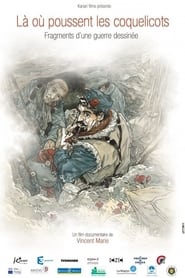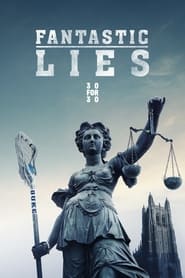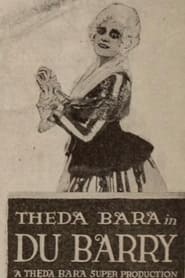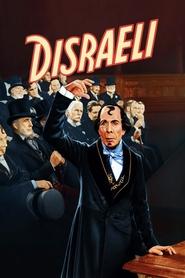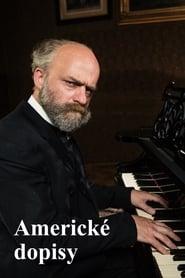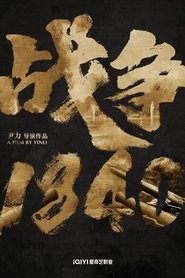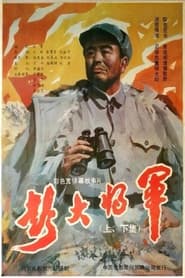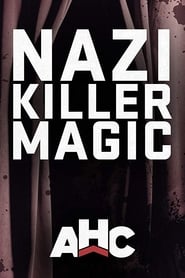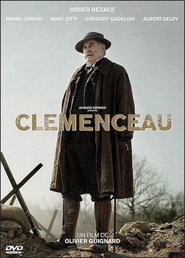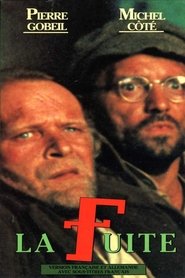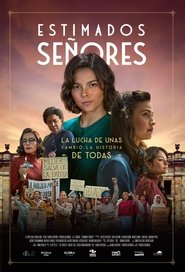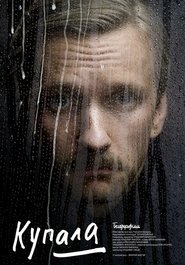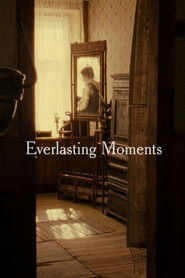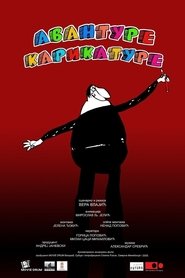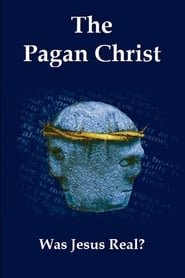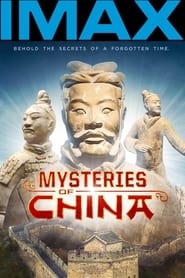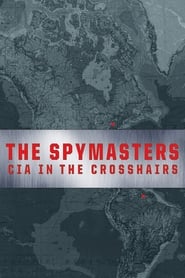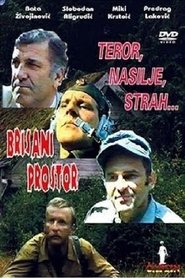Popular History Movies on Tub Tv - Page 340
-
Là où poussent les coquelicots
2017
star 7Seeing the Great War, no longer content with simply recounting it, but showing it and embodying it: this is what comics offer today. By questioning archives and history, the comic book authors featured in this film engage in a dialogue with the depths of time. They bring the First World War back to life in our imagination: their drawings are more than just lines. -
Fantastic Lies
2016
Fantastic Lies
2016
star 7.2One night in Durham, North Carolina, a rape accusation set fire to the reputations of three college athletes and their elite university. As the Duke lacrosse players grappled with their transition from model student to the criminally accused, several wars were launched on different fronts. -
Madame du Barry
1917
Madame du Barry
1917
star 7After Jeanette becomes the mistress of the ambitious Jean du Barry, he marries her off to one of his cousins so that she has an entre to the royal court. She soon becomes the favorite of the King and Jean du Barry becomes a regular around the court too. But all this is disturbed when Madame du Barry falls for Conte Brissac of the King's Guard. Jean du Barry's attempts to expose her affair only get him banished from the court. -
Disraeli
1929
Disraeli
1929
star 5Prime Minister of Great Britain Benjamin Disraeli outwits the subterfuge of the Russians and chicanery at home in order to secure the purchase of the Suez Canal. -
The American Letters
2015
The American Letters
2015
star 7.3Bio-pic about Czech composer Antonin Dvoraák at the height of his career. Dvorák learns that his love and lifelong muse is ill and must return to her side. -
War 1840
0000
War 1840
0000
At the end of the Qing Dynasty, Lin Zexu, an imperial envoy, braved the hardships of destructed opium in Humen, and actively and forcefully faced foreign invaders to arouse the patriotism of the Chinese nation. -
彭大将军
1988
彭大将军
1988
-
Nazi Killer Magic
2017
Nazi Killer Magic
2017
star 7It is the great untold story of World War Two. The role the occult played in shaping and determining the outcome of the fight. "Nazi Killer Magic" reveals how esotericism and mysticism influenced Hitler's wartime commanders. -
Clemenceau
2012
Clemenceau
2012
star 7.51917, German troups are moving forward to Paris, the French government calls a providential man : Clémenceau. -
La Fuite
1985
La Fuite
1985
In 1915, in the heat of the first World War, two german nationals escape the Spirit Lake internment camp in Abitibi, Quebec, and go into hiding in the woods. -
Estimados Señores
2024
Estimados Señores
2024
star 7.5In 1954 Colombia, Esmeralda Arboleda leads women fighting for suffrage. During a crucial assembly debate, she faces fierce opposition and a personal crisis when her son has an accident, testing her resolve between family and cause. -
Kupala
2020
Kupala
2020
star 8.6A story about the dramatic fate of the national poet of Belarus Yanka Kupala. The movie reveals the main milestones of the poet’s life and career, coinciding with the most tragic events of the 20th century. -
Le faux soir
0000
Le faux soir
0000
-
Everlasting Moments
2008
Everlasting Moments
2008
star 7.3In a time of social change and unrest, war and poverty, a young working class woman, Maria, wins a camera in a lottery. The decision to keep it alters her whole life. -
Caricature Adventures
2023
The film connects historical events and the interpretations of those events through caricature, with a focus on artists who left their mark and contributed to the importance of this art in the territory that for more than 70 years was a common cultural space of the peoples of the state of Yugoslavia. -
The Pagan Christ
2007
The Pagan Christ
2007
star 6.5There are 2.1 billion Christians on the planet – roughly one-third of the entire human population. At the heart of their religion is the New Testament and the birth, life, death, and resurrection of Jesus of Nazareth. To Christianity, the written word is the glue that binds the faith of its followers. So what if it could be proven that Jesus never existed? What if there was evidence that every word of the New Testament – the cornerstone of Christianity – is based on myth and metaphor? -
Mysteries of Ancient China
2016
star 6.8Archeologists discover a pit filled with terracotta warriors buried to protect the grave of the First Emperor of China. -
The Spymasters: CIA in the Crosshairs
2015
star 6.7Documentary revealing the inner workings of the world's most powerful intelligence organization, with unprecedented access to America's spy network, all 12 living CIA directors and top agency operatives, who talk candidly about torture, secret prisons, drone warfare, alleged assassinations and the constant threat of attack, which begs the question: how far should America go to keep us safe? -
Francofonia
2015
Francofonia
2015
star 6.6Master filmmaker Alexander Sokurov (Russian Ark) transforms a portrait of the world-renowned museum into a magisterial, centuries-spanning reflection on the relation between art, culture and power. -
Open Space
1985
Open Space
1985
Summer of 1972, a small group of fanatical Croatian nationalists, trained and equipped by extreme emigrant organizations, infiltrated the territory of former Yugoslavia with intent to organize an uprising against Tito's regime. This series, very loosely based on true events, depicts the manhunt that followed.
 Netflix
Netflix
 Amazon Prime Video
Amazon Prime Video
 Apple iTunes
Apple iTunes
 Apple TV Plus
Apple TV Plus
 Disney Plus
Disney Plus
 Google Play Movies
Google Play Movies
 Paramount Plus
Paramount Plus
 Hulu
Hulu
 HBO Max
HBO Max
 YouTube
YouTube
 fuboTV
fuboTV
 Peacock
Peacock
 Peacock Premium
Peacock Premium
 Amazon Video
Amazon Video
 The Roku Channel
The Roku Channel
 AMC+
AMC+
 Kocowa
Kocowa
 Hoopla
Hoopla
 The CW
The CW
 Vudu
Vudu
 Starz
Starz
 Showtime
Showtime
 PBS
PBS
 Pantaflix
Pantaflix
 FXNow
FXNow
 Tubi TV
Tubi TV
 Kanopy
Kanopy
 Comedy Central
Comedy Central
 Crunchyroll
Crunchyroll
 Microsoft Store
Microsoft Store
 Redbox
Redbox
 Sun Nxt
Sun Nxt
 ABC
ABC
 DIRECTV
DIRECTV
 Crackle
Crackle
 Fandor
Fandor
 Plex
Plex
